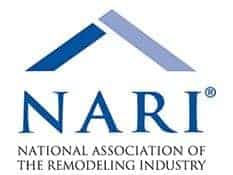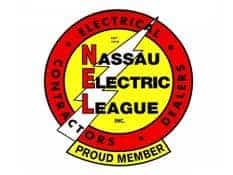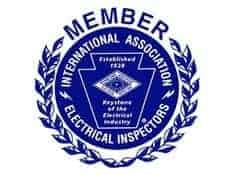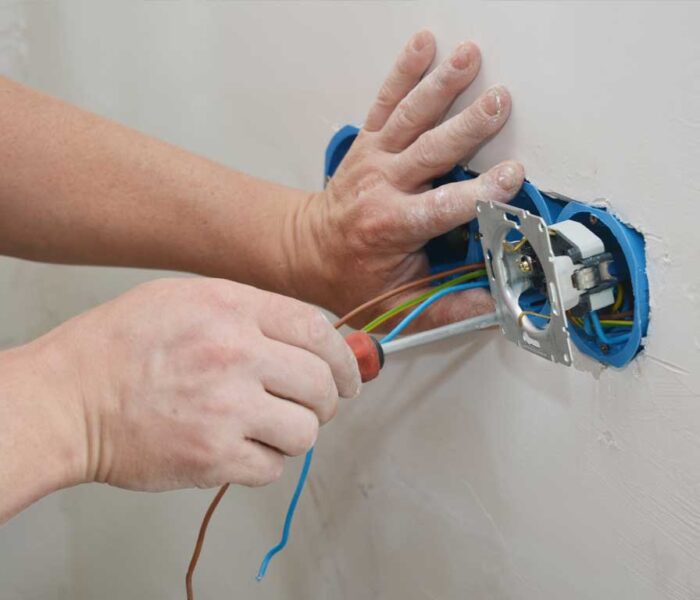516-701-2194
Call for Repairs & Installation Services 24/7



When it comes to reliable electrical services in Great Neck Plaza, NY, Popkin & Son Electric is your first call. Our team of local electricians brings unparalleled expertise to every job, ensuring your electrical systems are safe, efficient, and tailored to your needs. From minor repairs to major installations, we pride ourselves on delivering quality workmanship and impeccable service across Nassau County. Our dedication to the community is reflected in our responsive, friendly approach, making us the local electrician of choice for residents and businesses alike.
Understanding the unique needs of our clients in Great Neck Plaza, NY, Popkin & Son Electric provides personalized solutions that go beyond mere fixes. We’re committed to enhancing the safety and functionality of your electrical systems, using only the highest quality materials and the latest technology. Whether you’re upgrading your home or optimizing your commercial space, our team is ready to illuminate your project with excellence.


Your home’s electrical system is the heartbeat of your household, and at Popkin & Son Electric, we treat it with the care it deserves. As the leading residential electrician in Great Neck Plaza, NY, we offer a wide range of services designed to keep your home safe and your electricity running smoothly. From lighting upgrades to complete rewiring projects, no job is too big or too small for our skilled team. We also specialize in energy-efficient solutions that not only enhance your living environment but also reduce your energy costs.
Residents of Nassau County trust Popkin & Son Electric for all their home electrical needs. Our commitment to safety, quality, and customer satisfaction drives us to exceed expectations on every project. With 516-822-4566, help is just a phone call away. Let us illuminate your home with our expert residential electrician services, and enjoy peace of mind knowing you’re in good hands.

At Popkin & Son Electric, we understand the critical importance of reliable electrical services for businesses in Great Neck Plaza, NY. Our commercial electrician services are designed to meet the diverse needs of businesses, from small shops to large corporations. We specialize in installations, maintenance, and repairs, ensuring that your business operates without interruption. Our team provides efficient, scalable solutions that adapt to your business’s growing needs, all while adhering to the strictest safety standards.
Businesses in Nassau County rely on Popkin & Son Electric for their electrical needs because we deliver consistent, high-quality service. Our proactive approach means we identify potential issues before they become problems, saving you time and money. With 516-822-4566, expert commercial electrician services are just a call away. Trust us to power your business with reliability and professionalism.
Here are some electrician-related links:
What do residential electricians do?
A residential electrician from Double G Electric can perform installations, maintenance, inspections, and repairs of almost any electrical component in your household.
Can you rewire a house without removing drywall?
The short answer is yes. In most cases, rewiring can be done with minimal intrusion. A professional at Double G Electric can tell you exactly what will need to be done to complete the job correctly.
Do electricians give free quotes?
Many electricians, including the professionals at Double G Electric will provide you with a free estimate for any job. Whether you need a light switch replaced or a new circuit breaker, Double G Electric can get the job done.
How much does an electrician cost?
Many electricians charge hourly with other costs like travel fees and materials on top of that. The total cost will depend on the complexity of the job, with many variables factoring into the complexity.
Is it possible for electricians to install solar panels?
Solar panels must be installed by master electricians to be compatible with your building’s structure, even though our wiring and electrical panels aren’t replaced by solar panels.